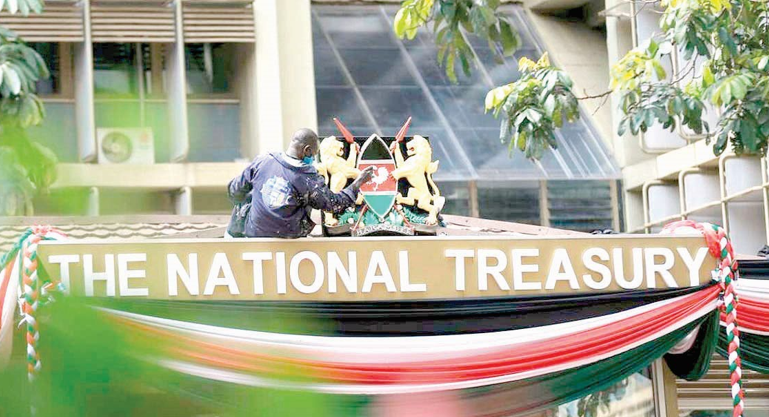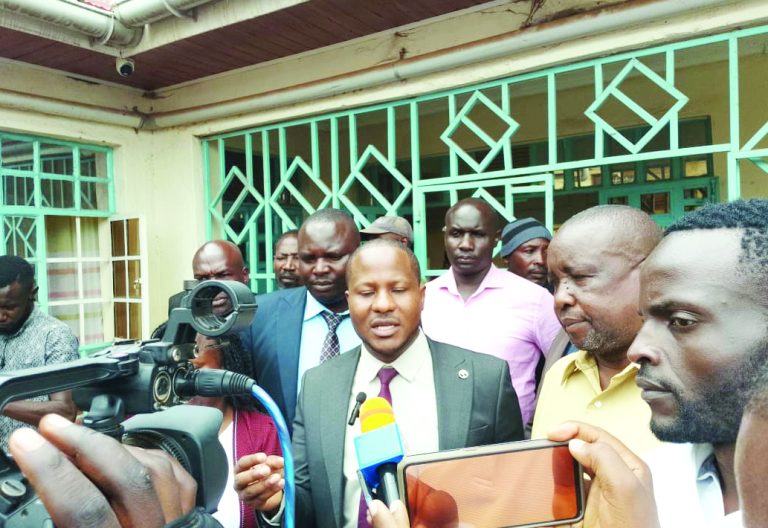Address contentious issues in the budget

This week, the Treasury will roll out the red carpet for the much-scrutinised 2024/25 budget, articulating how the national cake will be shared.
Following the review of the Budget Policy Statement (BPS), the Budget and Appropriations Committee approved expenditure of Sh3.914 trillion, which is publicly available. Unlike in the past, when the budget was a guarded document, we can roughly estimate that revenues from taxes are expected to be Sh3.354 trillion. This includes ordinary revenues of Sh2.913 trillion and appropriations-in-aid of Sh441 billion, though these figures may change depending on Treasury’s calculations.
The projected fiscal deficit will be Sh703.9 billion, the difference between total revenues and grants and total expenditure and net lending. This deficit represents 3.9 percent of Gross Domestic Product (GDP).
A key facet in mobilising revenue was the formulation and publication of the Medium-Term Revenue Strategy (MTRS), which provided the framework for tax system reforms aimed at boosting domestic revenue, which had been declining over time. The current MTRS, covering the period from FY 2024/25 to FY 2026/27, aims to grow the tax-to-GDP ratio from 14.1 percent to 20 percent within this time frame.
Kenyans must keenly watch the content and context of the MTRS because it outlines a raft of proposed tax changes aimed at achieving the target set in collection strategies. Given this context, the government introduced the Finance Bill, 2024, which proposes significant changes to the tax framework. Some of these changes are in line with the tax reforms proposed in the MTRS.
Pundits and many Kenyans have decried the surge in taxes and the pain likely to emerge from the proposals. Among these proposals is the introduction of a contentious motor vehicle tax set at a rate of 2.5 percent of the vehicle’s value, with a floor of Sh5,000 and a ceiling of Sh100,000. Another key change entails extending the time frame for the Kenya Revenue Authority to issue decisions from 60 to 90 days.
As the government remains committed to consolidating finances and mobilising revenues, the budget aims to support growth in trade and investment, and it is hoped that timely action will be taken to address contentious issues.










